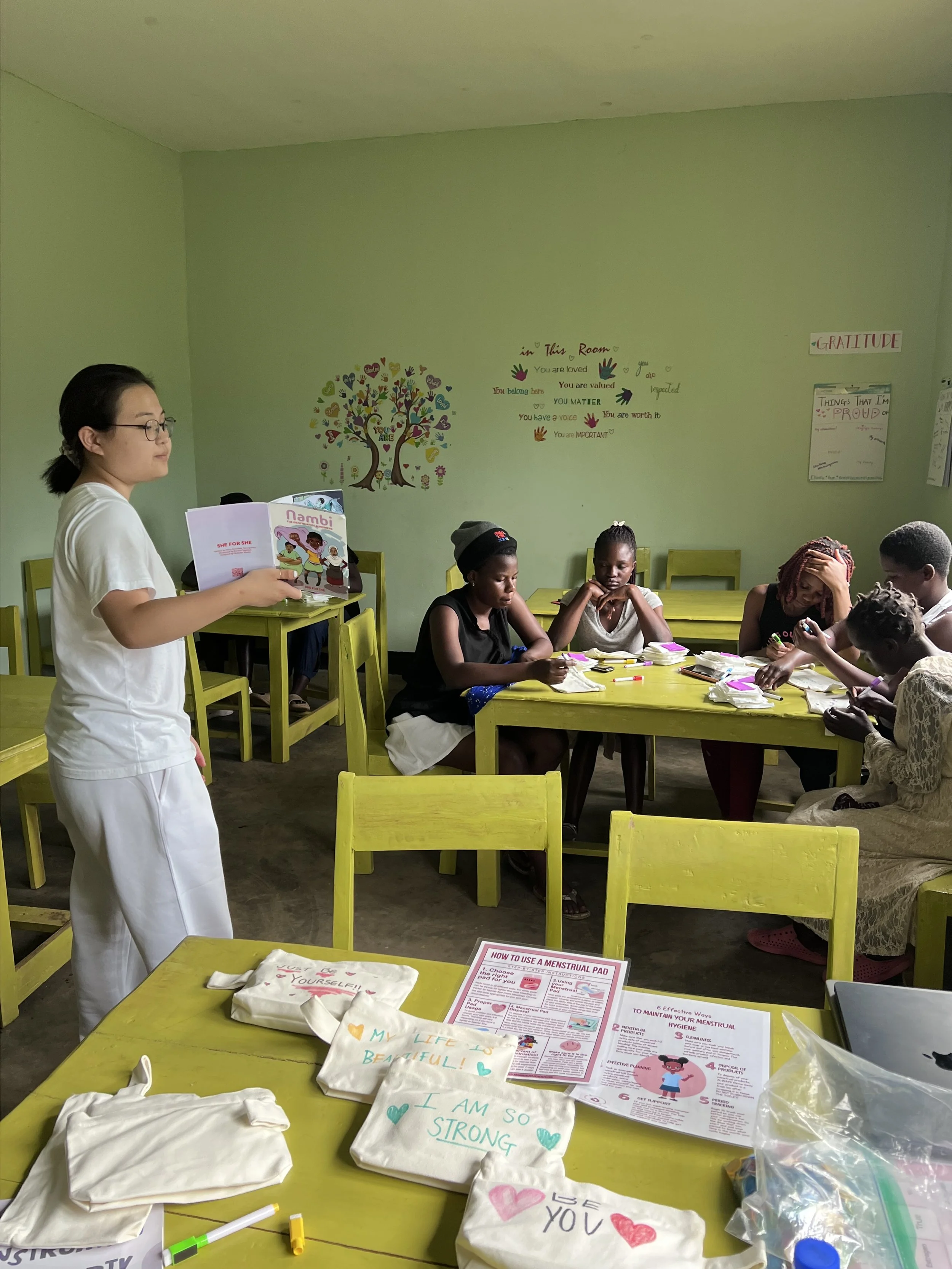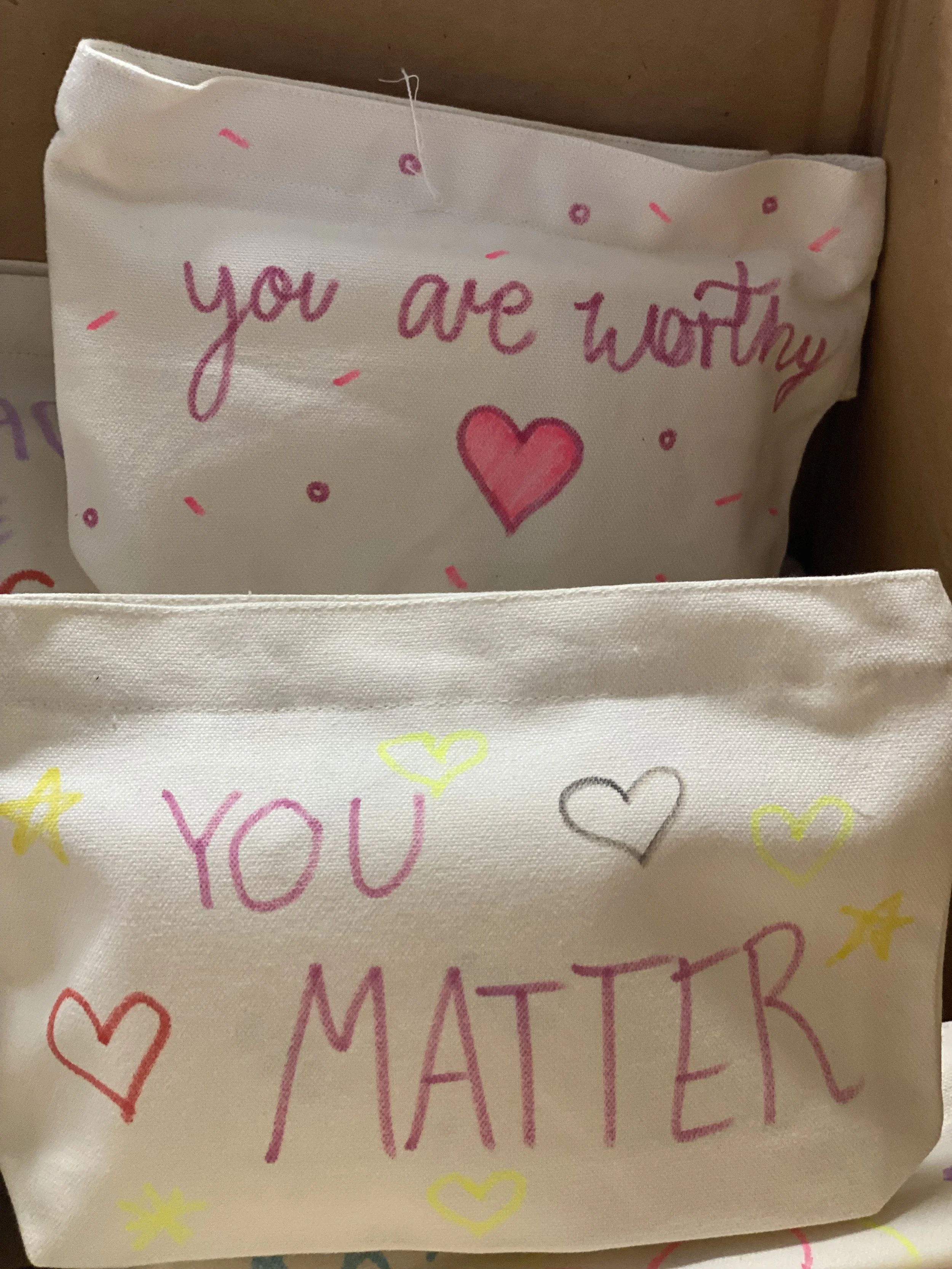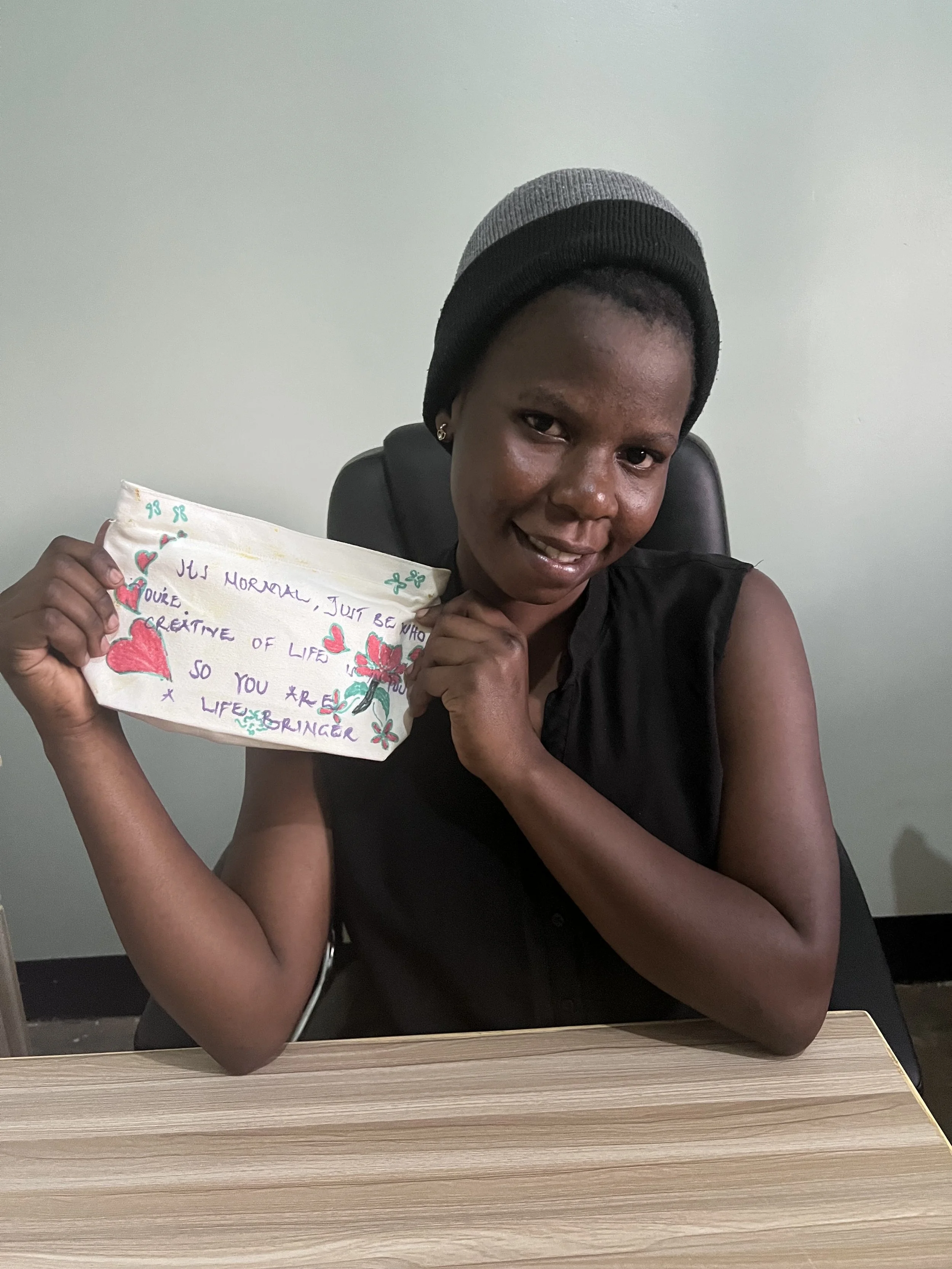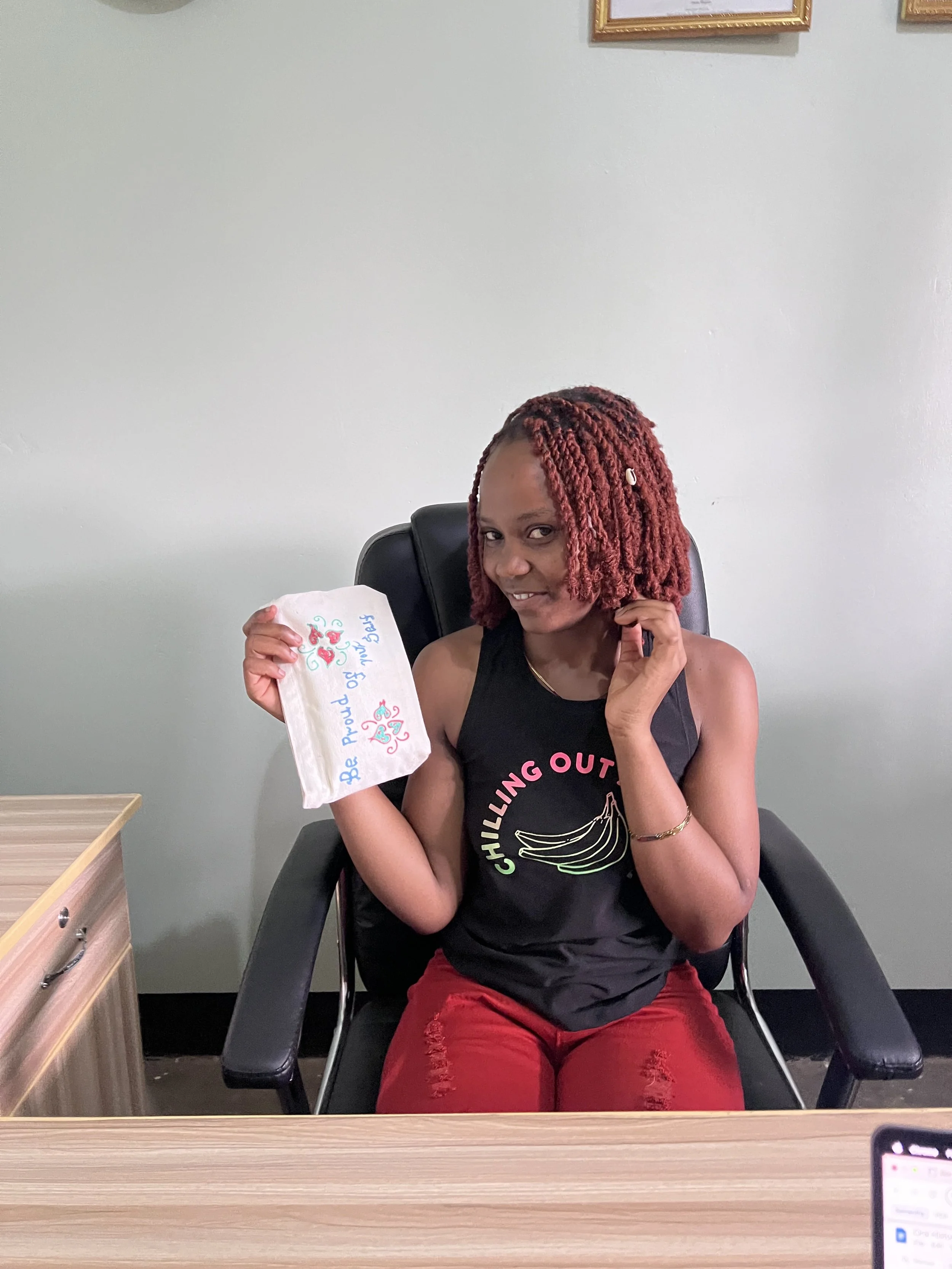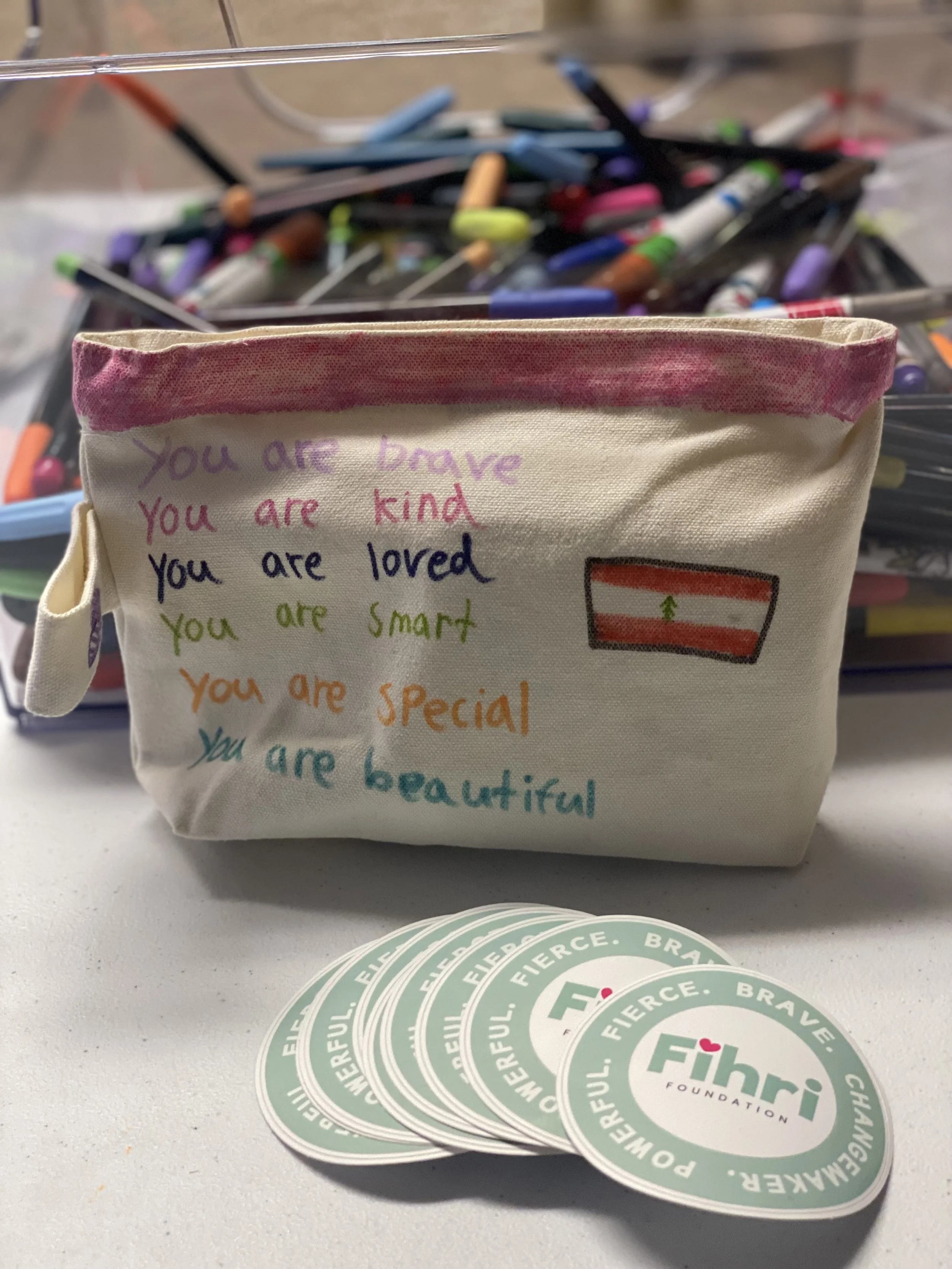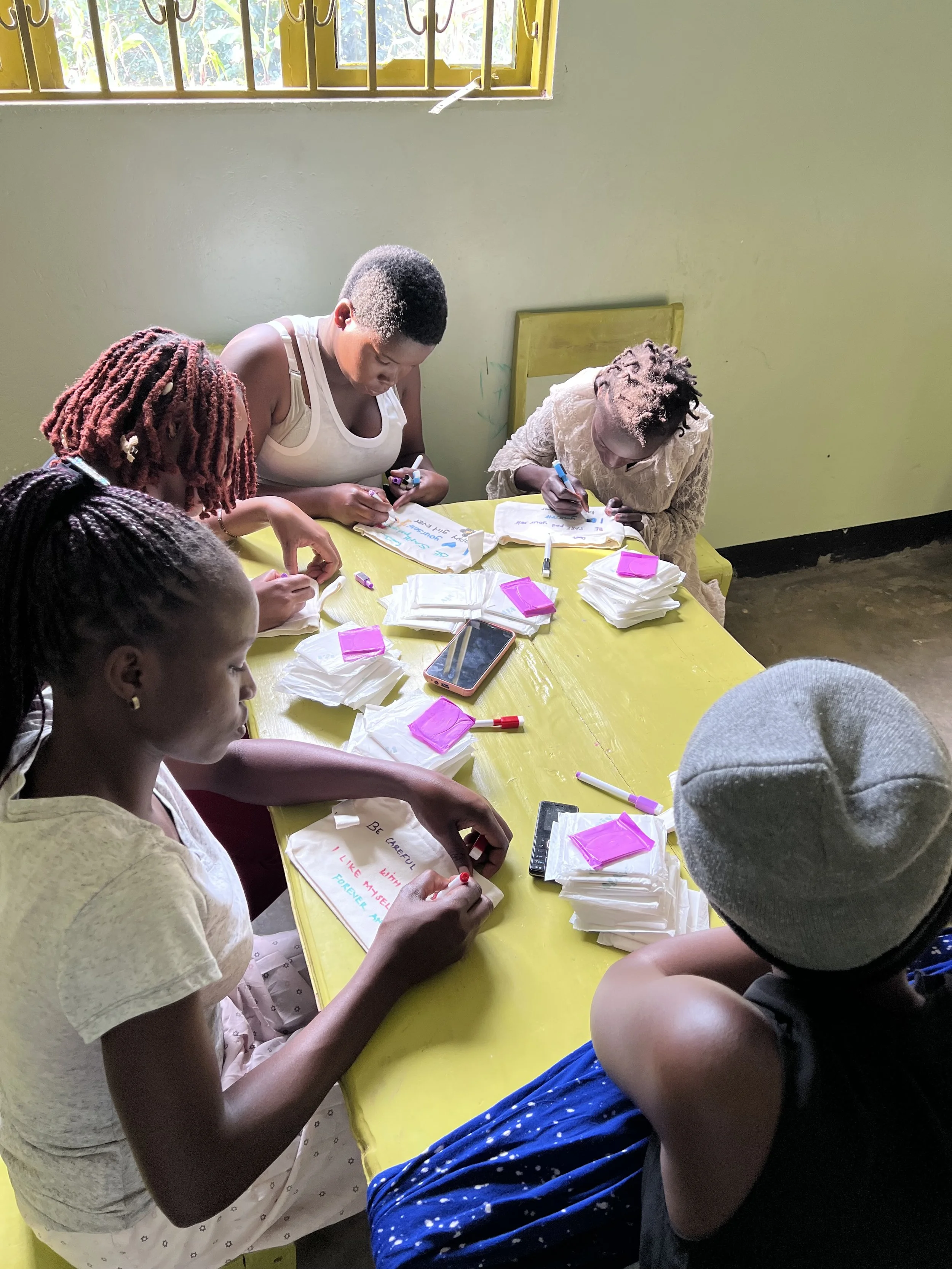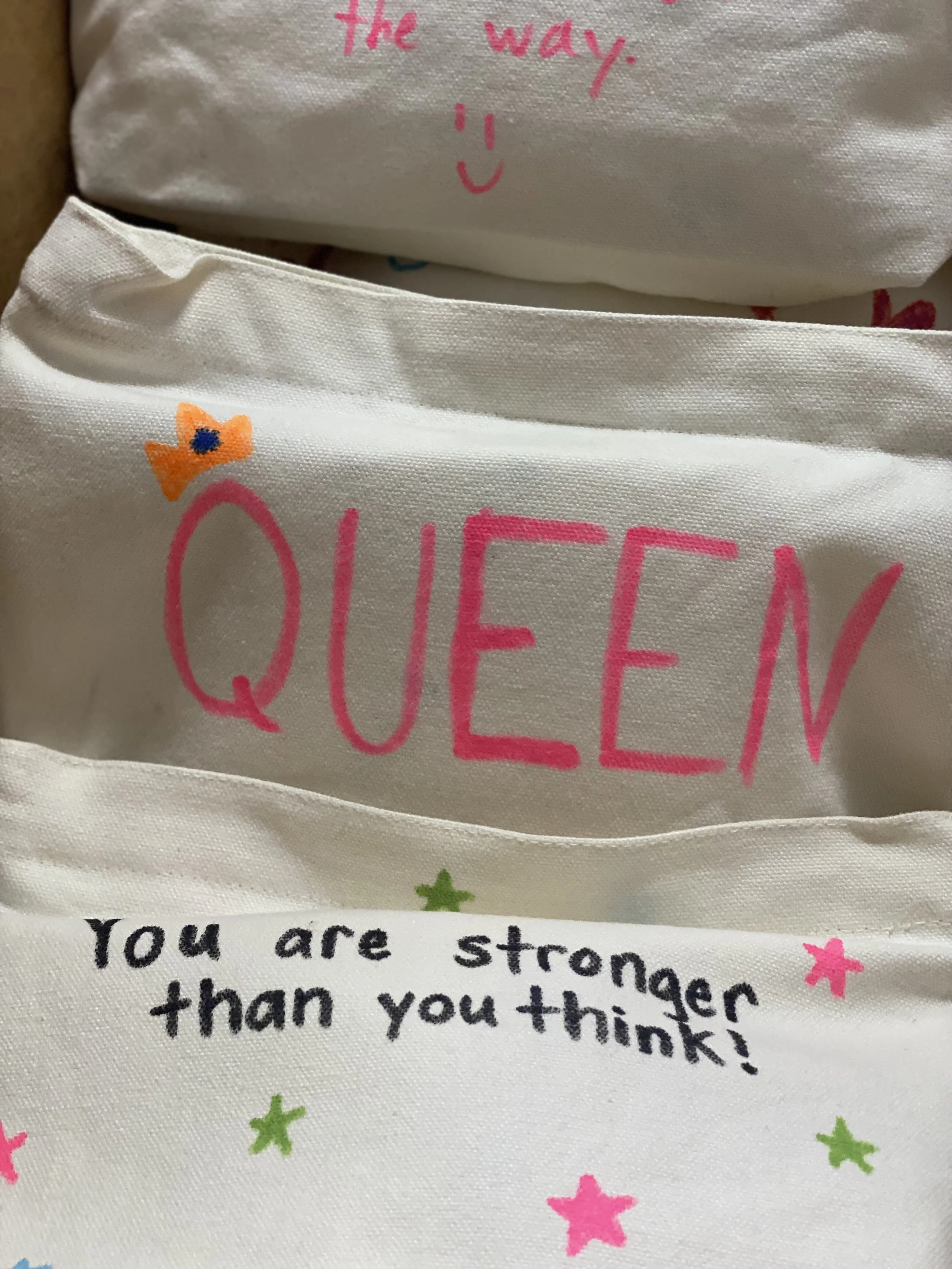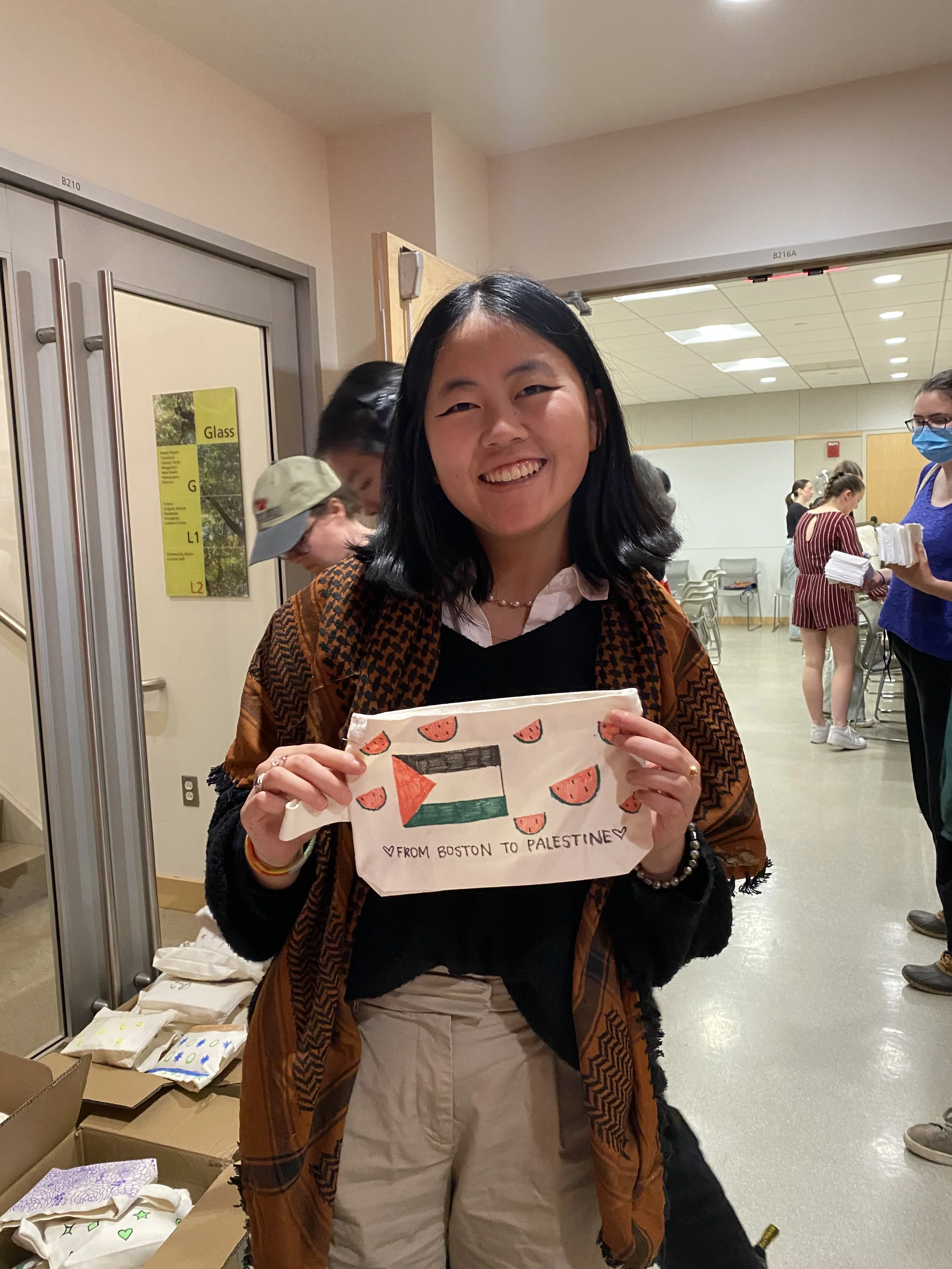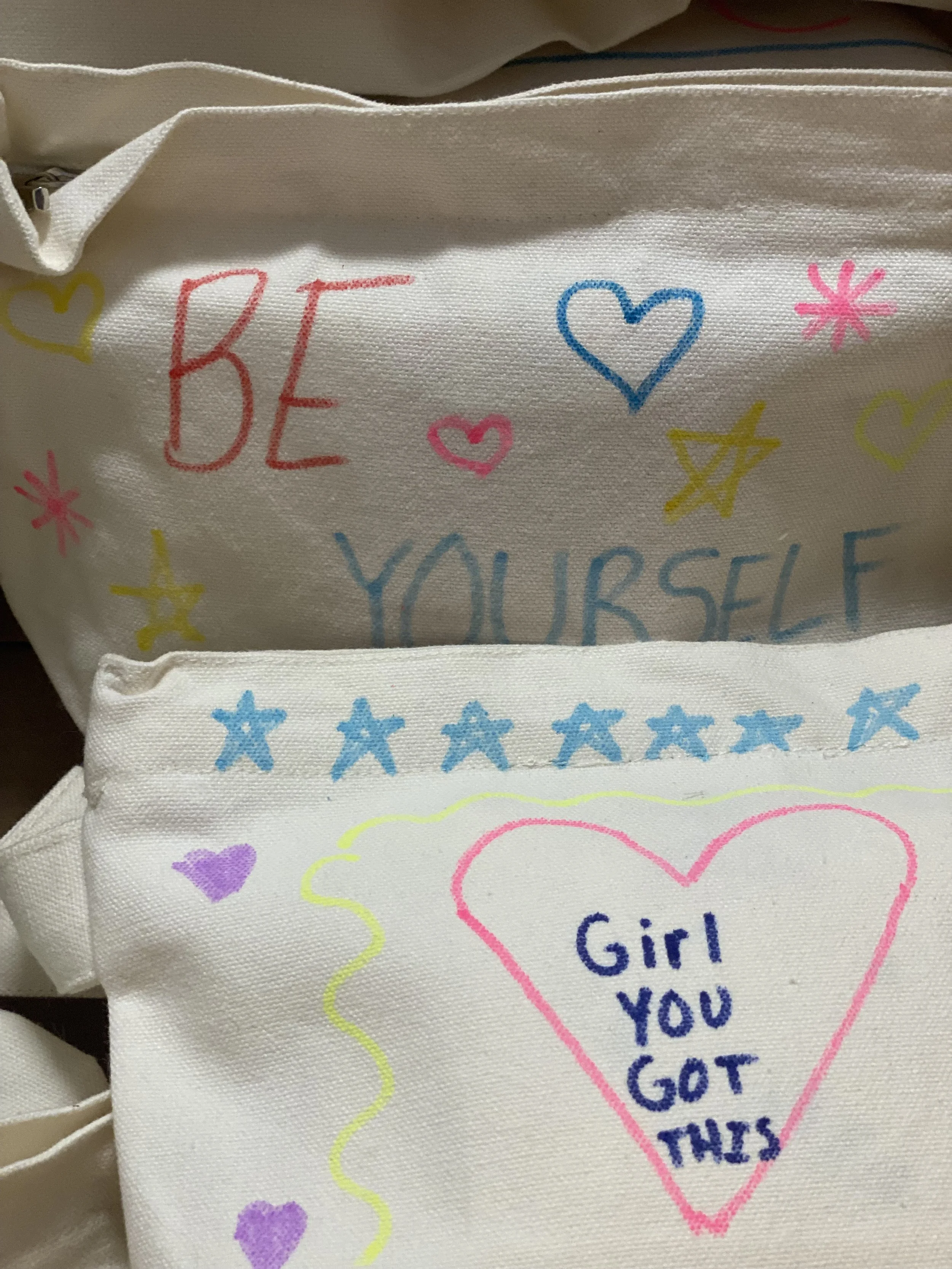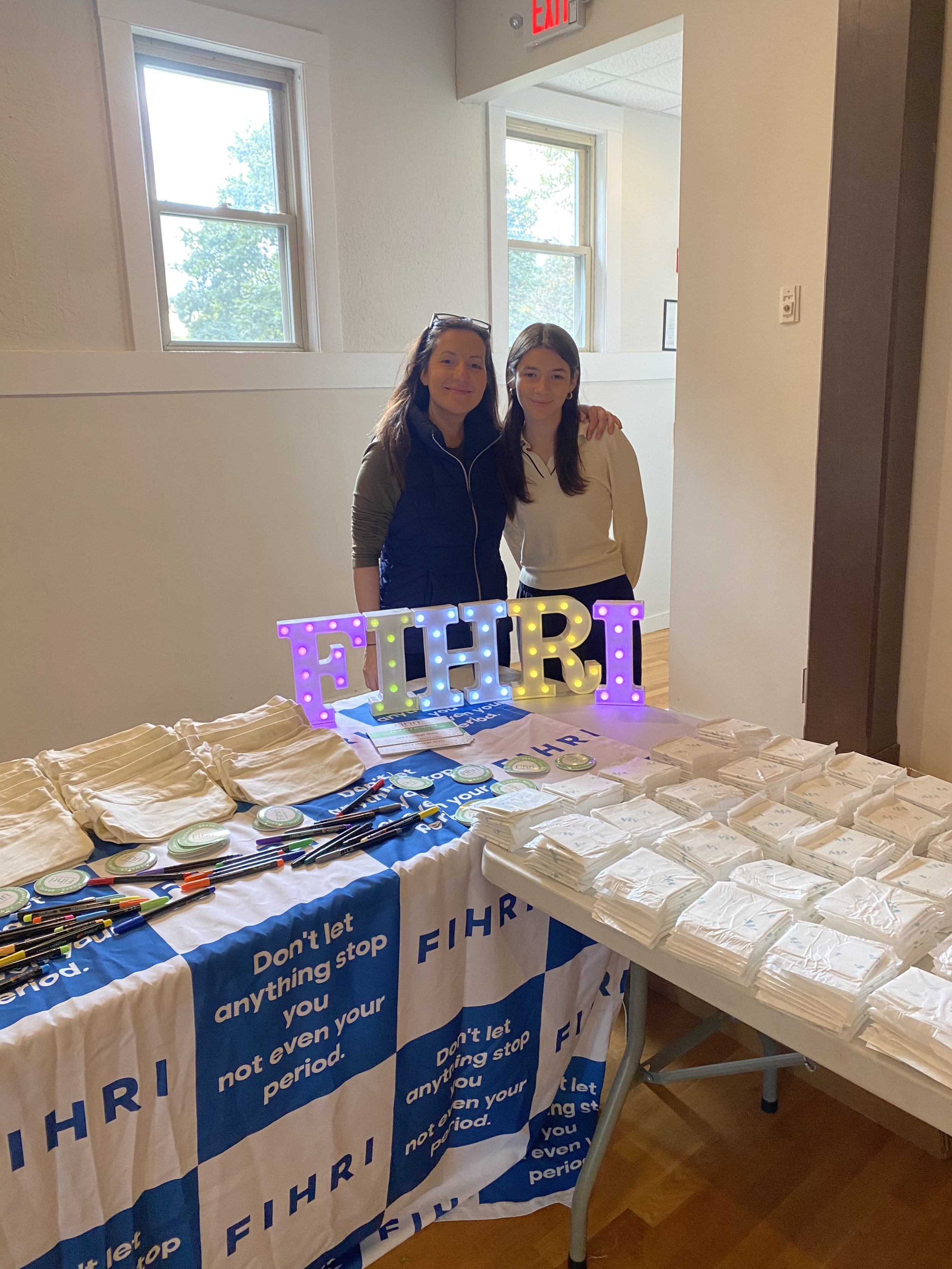Our Mission
Our mission is to end period poverty by placing period products into the hands of women and girls everywhere, from local shelters to crisis zones worldwide, so even in their worst moments, they’re not alone.
Our Story
“In war or disaster, we stand beside them with period products and dignity.”
— Ceylan Rowe, founder of Fihri Foundation
When I was serving as a Commissioner on the MetroWest Commission on the Status of Women, I heard something I could never forget: eighth grade girls in my community were teaching sixth graders how to fold toilet paper into pads because they didn’t have access to menstrual products.
As a mother, I imagined my own daughter in that situation, missing school, losing confidence, and being forced to manage her period without dignity. As an advocate, I recognized this wasn’t just about products; it was about equity and opportunity. And as a survivor of the 1999 earthquake in Türkiye that killed 17,000 people, I understood how fragile life can be, and how, in moments of crisis, the most basic human needs do not pause.
That experience taught me something that has never left me: periods don’t stop during earthquakes, floods, poverty, or conflict, and neither should dignity, health, or hope.
That realization lit a fire in me. I knew I had to act.
I started the Fihri Foundation so no girl would ever have to rely on toilet paper, tent fabric, or scraps to manage her period. What began with a single conversation has grown into a global movement, delivering sustainable period kits to women and girls across the U.S. and in more than 18 countries, including those facing natural disasters, poverty, and conflict.
Our work is about more than products. It’s about making sure that even in the hardest circumstances, women and girls have what they need to care for themselves, to attend school or work, and to rebuild their lives with dignity and confidence.
That’s why Fihri exists: to ensure dignity, health, and opportunity for every person, everywhere.
-Ceylan Rowe
